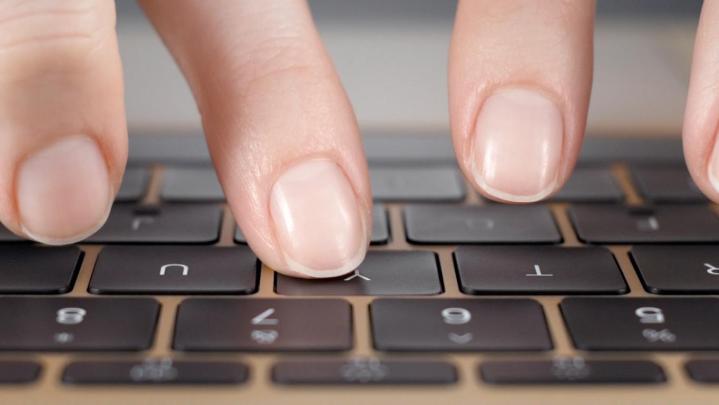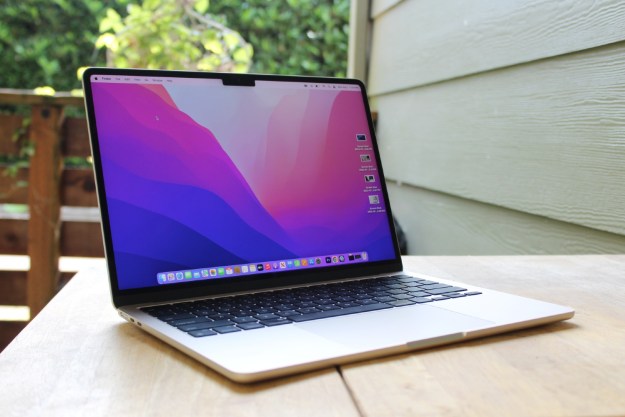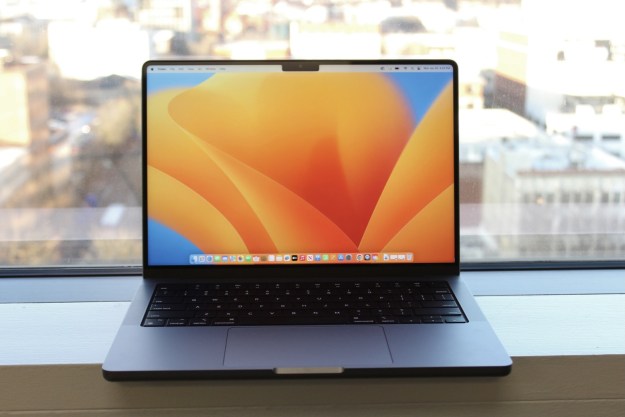
Apple is once again facing some criticism for the keyboard design on its lineup of laptops. Despite the recent introduction of a new and improved third-generation butterfly keyboard on new 2018 MacBooks, the company is now apologizing to a “small number” of users who are still complaining about non-responsive and sticking keys.
The apology originally comes from a report from The Wall Street Journal. They find that both the E and R keys on their new MacBook Air 2018 were occasionally faulty. In fact, the Journal wrote an entire article about the problems without using the letters E or R (but includes toggle switches to turn the letters on). Furthermore, the report finds that other users have experienced similar issues where both of these keys and W and T would double-press. In response, Apple acknowledged these issues but also claimed that most MacBook users aren’t experiencing problems.
“We are aware that a small number of users are having issues with their third-generation butterfly keyboard and for that we are sorry. The vast majority of Mac notebook customers are having a positive experience with the new keyboard. If you have a problem, contact Apple customer service,” Apple said in a statement.
Apple originally introduced the problematic butterfly keyboard mechanism with a new MacBook model in April 2015 and a second-generation keyboard then came later in October 2016 with the MacBook Pro. Though the new keyboard was intended to maximize key travel and improve stability, many had experienced issues with certain letters and characters not appearing on the screen when typing. Facing pressure, the company eventually launched a repair program for users with concerns.
To help address these problems, the third-generation butterfly keyboard on the 2018 MacBook Pro and MacBook Air uses silicone membranes to help prevent debris and other objects from damaging the internal mechanisms. Keyboard issues are just one problem plaguing some MacBook users. There is also an ongoing separate issue with the display on other models of the MacBook. Dubbed as “Flexgate,” the problem could result in a situation where the backlighting on the notebook would give out and cause the bottom of the display to become slightly distorted.
Editors' Recommendations
- The XPS 16 is fighting an uphill battle against the MacBook Pro
- A new wave of powerful laptops rises to challenge the MacBook Pro
- If you buy one MacBook Air alternative, make it this one
- I’m worried about the MacBook’s next big rival
- How to change the default apps on a Mac

